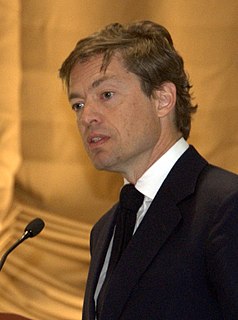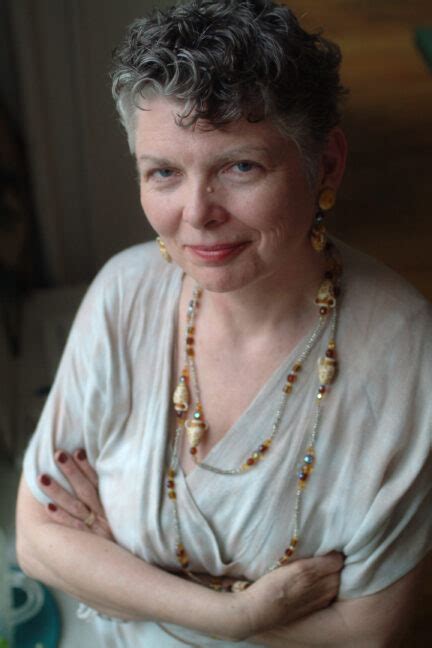A Quote by Charlotte Saunders Cushman
I think I love and reverence all arts equally, only putting my own just above the others; because in it I recognize the union and culmination of my own. To me it seems as if when God conceived the world, that was Poetry; He formed it, and that was Sculpture; He colored it, and that was Painting; He peopled it with living beings, and that was the grand, divine, eternal Drama.
Related Quotes
We hear in these days a great deal respecting rights--the rights of private judgment, the rights of labor, the rights of property, and the rights of man. Rights are grand things, divine things in this world of God's; but the way in which we expound these rights, alas! seems to me to be the very incarnation of selfishness. I can see nothing very noble in a man who is forever going about calling for his own rights. Alas! alas! for the man who feels nothing more grand in this wondrous, divine world than his own rights.
Once there is a certain degree of Presence, of still and alert attention in human beings' perceptions, they can sense the divine life essence, the one indwelling consciousness or spirit in every creature, every life-form, recognize it as one with their own essence and so love it as themselves. Until this happens, however, most humans see only the outer forms, unaware of the inner essence, just as they are unaware of their own essence and identify only with their own physical and psychological form.
Everybody is different and I think that we live in a material world. But for me, possessing things is not that interesting. Living in a grand environment to show myself and others that I have wealth has zero appeal. Whatever I own is temporary, since we're only here for a short period of time. It's what we do and produce, it's our actions, that will last forever. That's real value.
The growth of art seems to be in cycles, and often its vigorous lifetime is restricted to a century or two. The periods of distinctive drama, Greek, English, Spanish, fall within such a limit; the schools of painting and sculpture likewise; and, in poetry, the Victorian age or the school of Pope will serve as examples.
I began to write poetry again in 1975, when I fell in love with another woman. I returned to poetry not because I had “become a lesbian”—but because I had returned to my own body after years of alienation. The sensual details of life are the raw materials of a poet—and with that falling-in-love I was able to return to living fully in my own fleshly self.
When you wake up to the Divine Consciousness within you and your divine identity, you wake up simultaneously to the Divine Consciousness appearing as all other beings. And this is not poetry and this is not a feeling, this is a direct experience of the divine light living in and as all other beings. And until this realization is firm in you, you do not know who or where you are.
Loving with human love, one may pass from love to hatred; but divine love cannot change. Nothing, not even death, can shatter it. It is all the very nature of the soul. Love is life. All, all that I understand, I understand only because of love. All is bound up in love alone. Love is God and dying means for me a particle of love, to go back to the universal and eternal source of love.
True drama can be conceived only as resulting from the collective impulse of all the arts to communicate in the most immediate way with a collective public... Thus especially the art of tone, developed with such singular diversity in instrumental music, will realize in the collective artwork its richest potential -- will indeed incite the pantomimic art of dancing in turn to wholly new discoveries and inspire the breath of poetry no less to an undreamed-of fullness. For in its isolation music has formed itself an organ capable of the most immeasurable expression - the orchestra.
Music, to me, is the most beautiful form, and I love film because film is very related to music. It moves by you in its own rhythm. It's not like reading a book or looking at a painting. It gives you its own time frame, like music, so they are very connected for me. But music to me is the biggest inspiration. When I get depressed, or anything, I go "think of all the music I haven't even heard yet!" So, it's the one thing. Imagine the world without music. Man, just hand me a gun, will you?
































